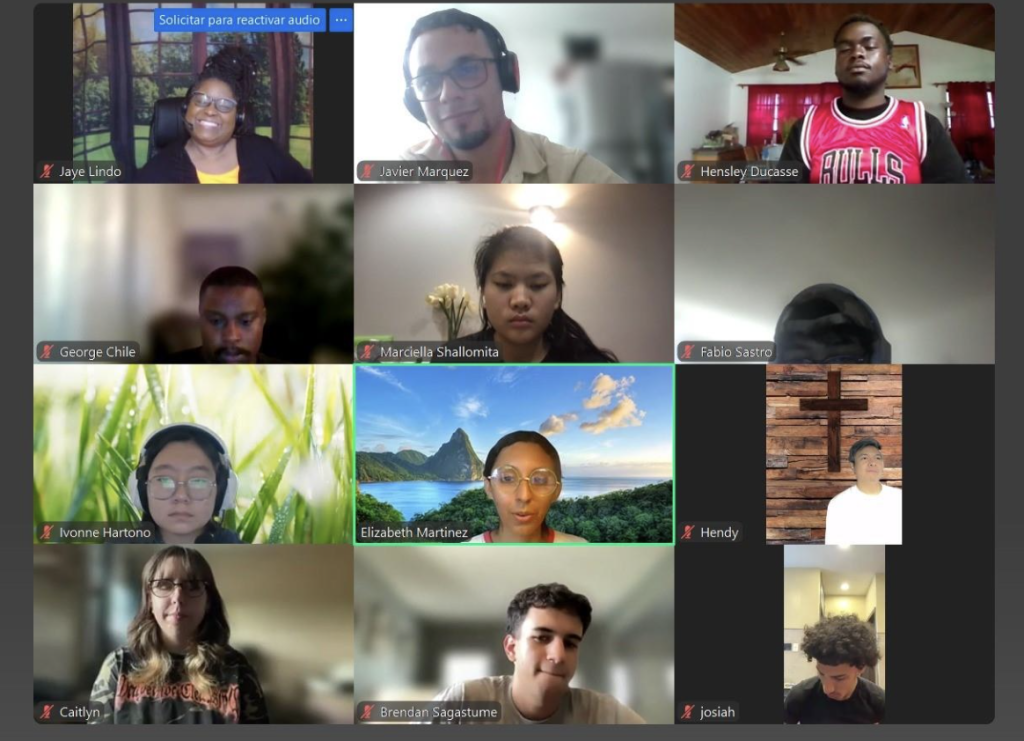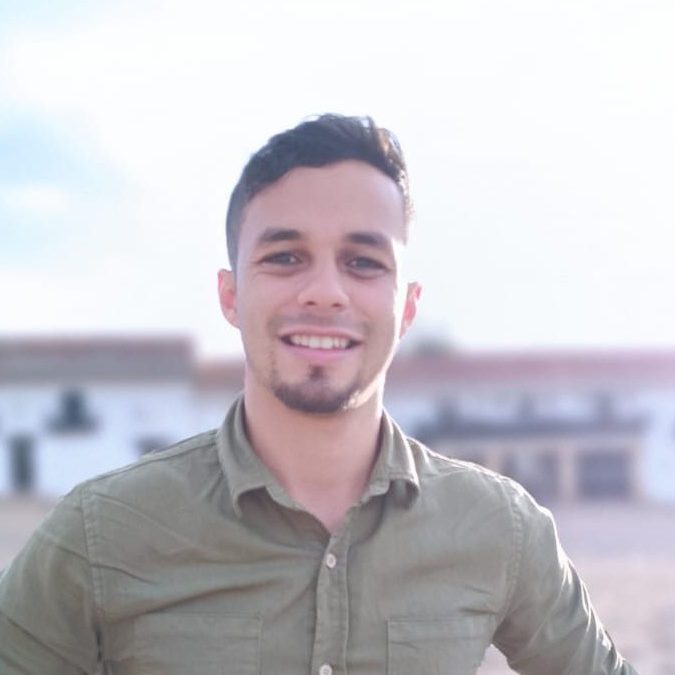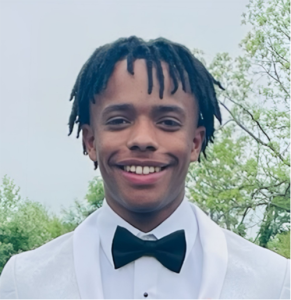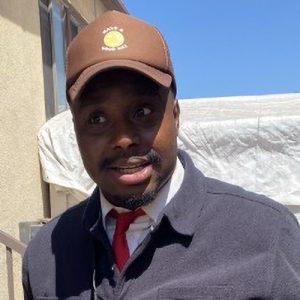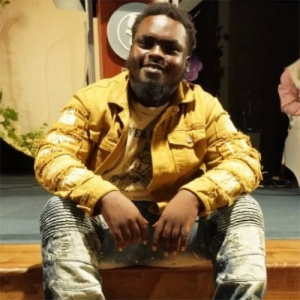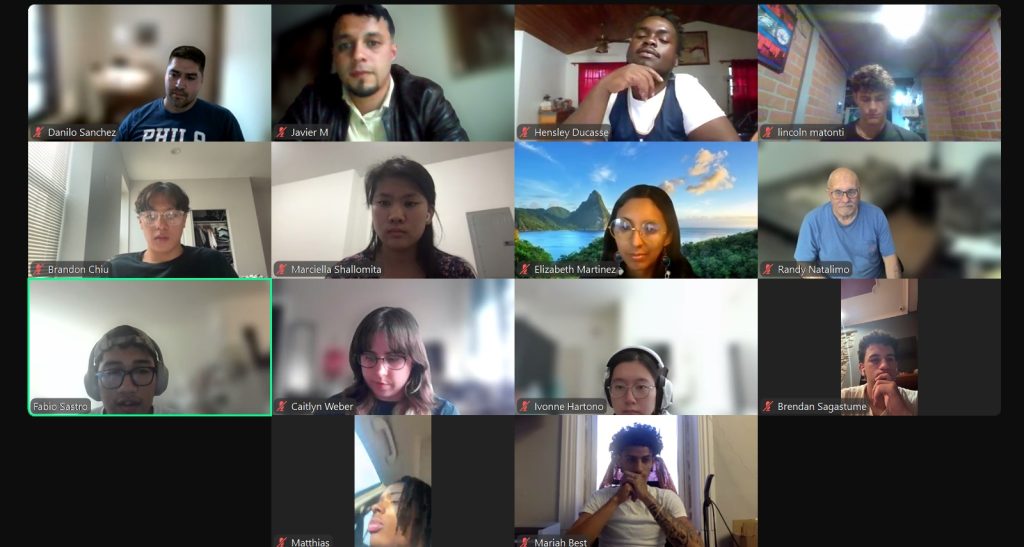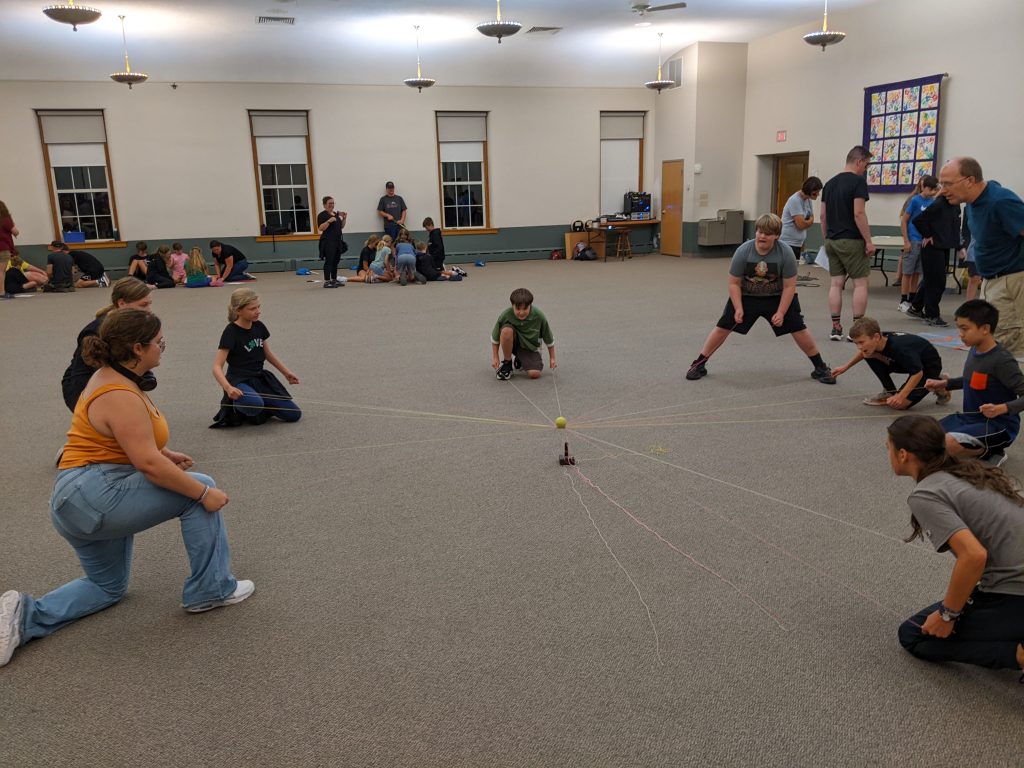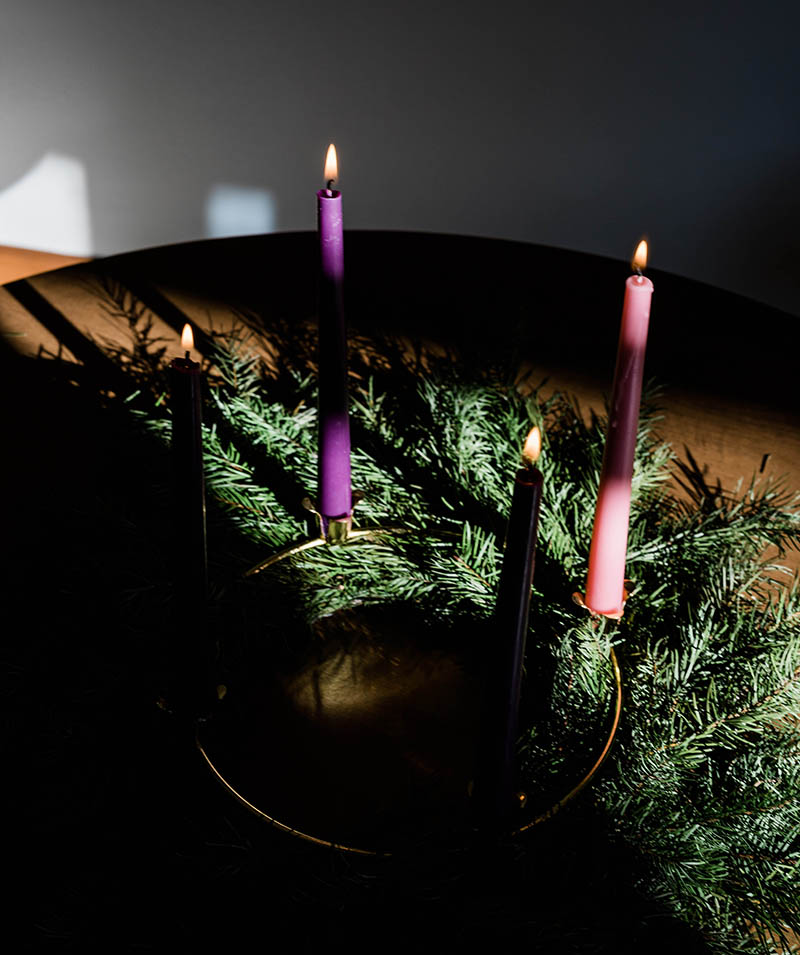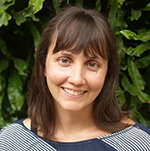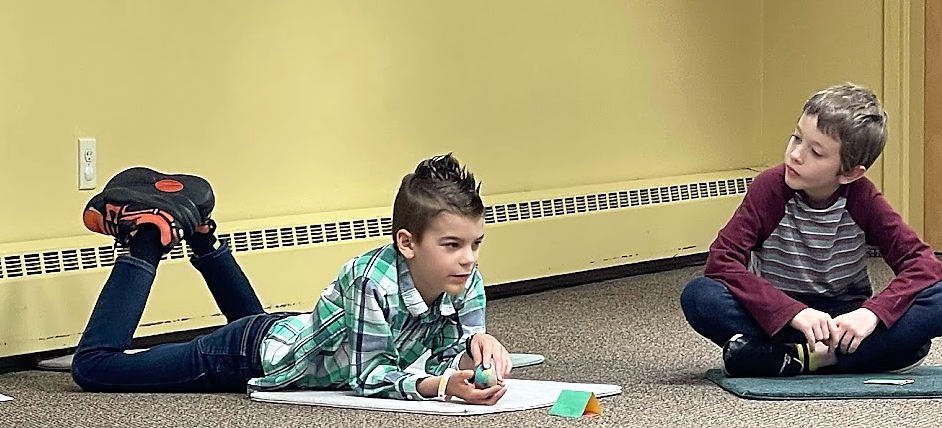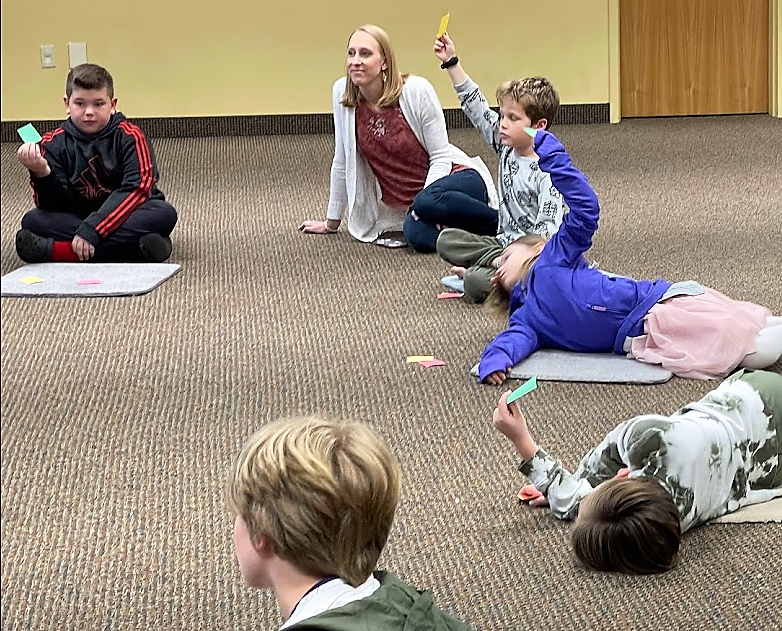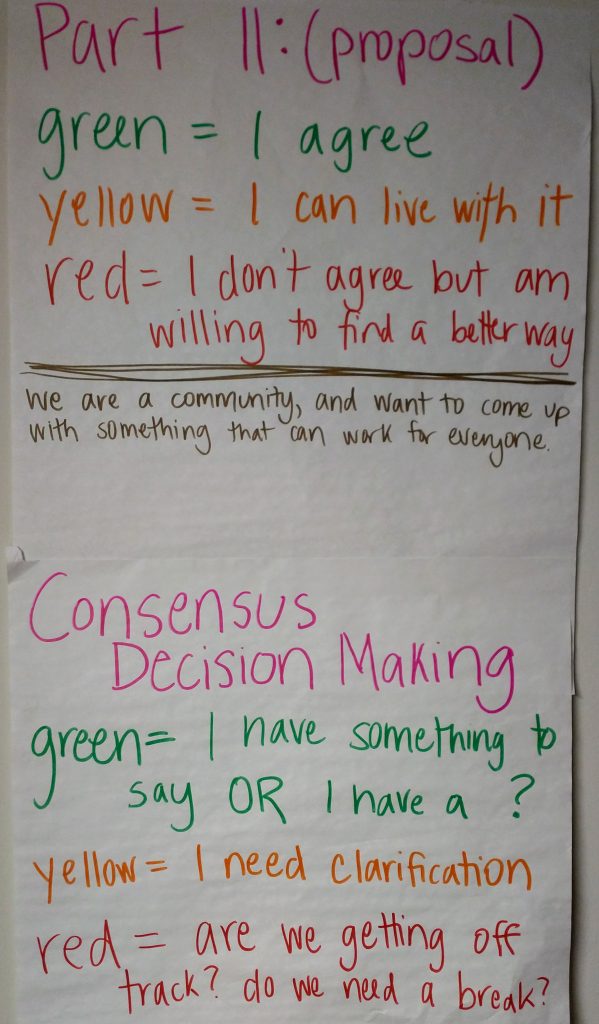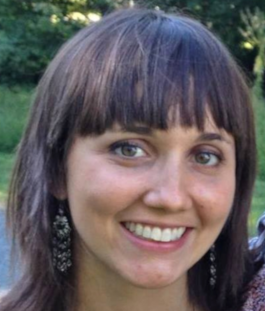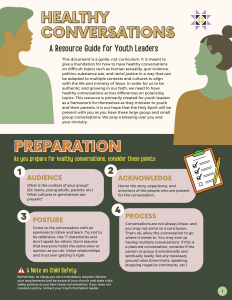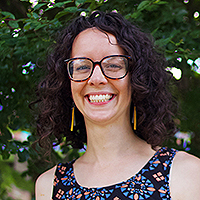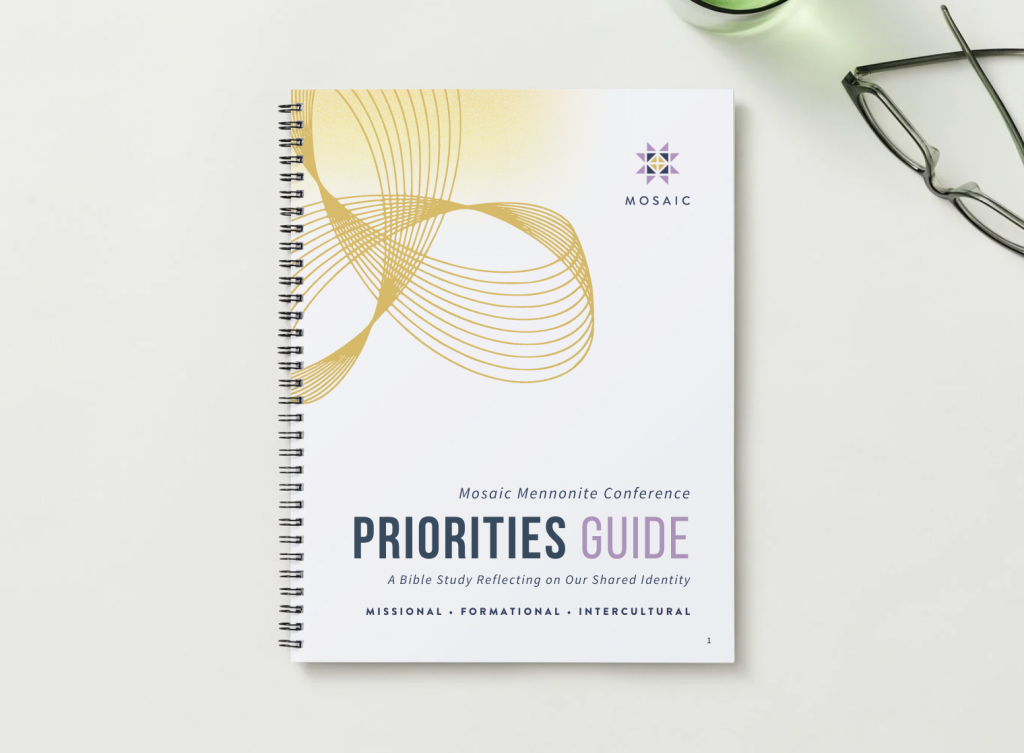
At Mosaic Conference, our three core priorities—Intercultural, Formational, and Missional Transformation—guide how we grow as communities of faith. The Mosaic Priorities Guide: A Bible Study to Reflect on Our Shared Identity was created to help congregations, leaders, Conference-Related Ministries (CRMs), and Partners in Ministry (PIMs) move beyond simply naming these priorities to truly living them out in their unique contexts.
The guide includes seven interactive lessons with a biblical story, discussion questions, and activities and spiritual practices in which those gathered can engage. Facilitators have access to outlines, resources, and handouts to make leading easier. The appendix provides sermon starters and additional activities.
DOWNLOAD THE GUIDE IN ENGLISH, SPANISH, AND INDONESIAN at mosaicmennonites.org/leadersresources/
Why the Guide Exists
Resources for reflection, growth, and shared discernment
The guide was created to make space for listening to God, to one another, and to the diverse communities in which we serve. It is not an instructional manual, but offers invitations to slow down, notice God’s presence, and reflect together on how the Spirit is at work. Designed to be flexible, the guide allows formation and mission to emerge naturally from relationships, dialogue, and shared discernment. It can be used in a small group, Bible study, or as a sermon series.
Intercultural Priority
Loving with the eyes and heart of Jesus
The Intercultural Priority helps communities grow in seeing and valuing people as God sees them. The guide encourages participants to love with the eyes and heart of Jesus, noticing the gifts, experiences, and perspectives of others with compassion and humility. By practicing empathy and attentive love, congregations, leaders, CRMs, and ministry partners create spaces where God’s Spirit shapes us together, fostering understanding, connection, and mutual care.
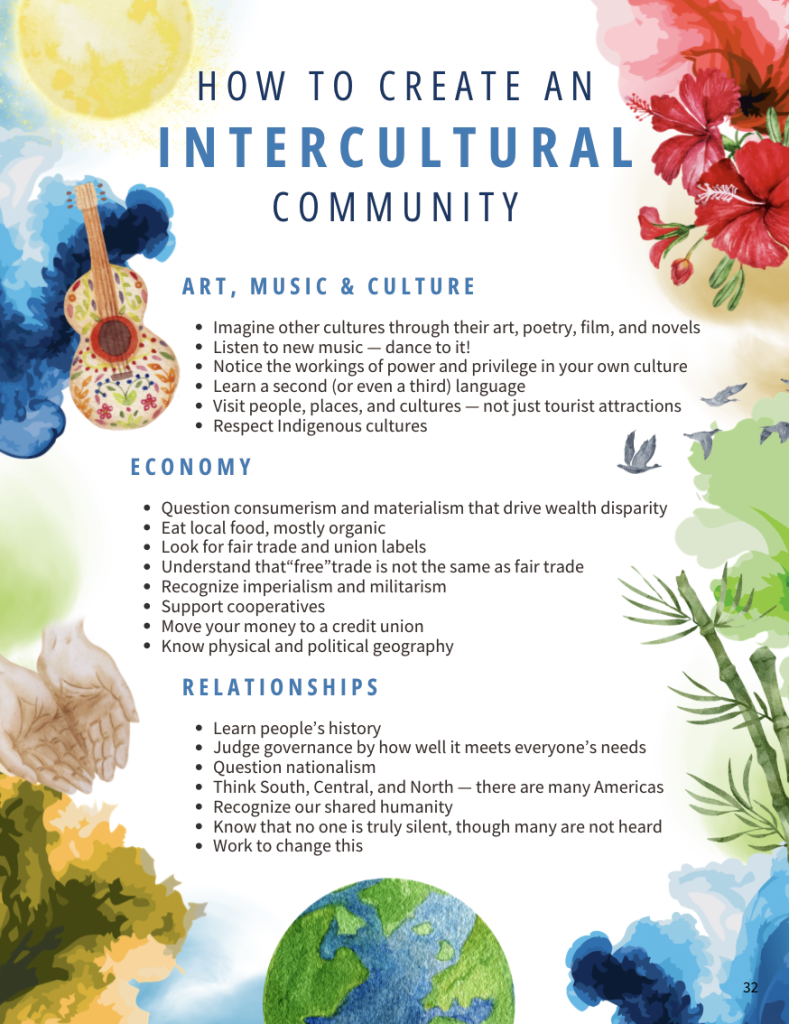
Formational Priority
Knowing Christ and Growing in Christ
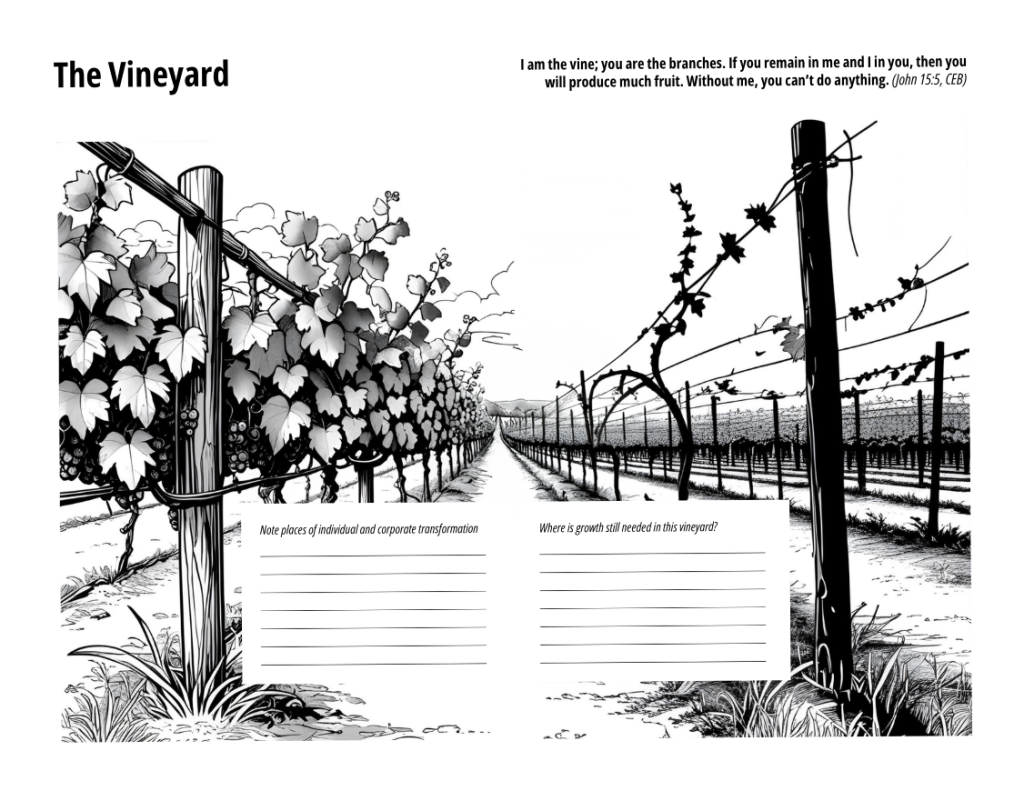
The Formational Priority focuses on how God is shaping us as followers of Jesus. The guide invites participants to know Christ and grow in Christ, using Scripture, reflections, spiritual practices, and conversation questions. This priority emphasizes personal and communal transformation, helping participants embody Jesus’ love and wisdom in everyday life, while encouraging mutual growth through shared experience.
Missional Priority
Living like Jesus: Sent to Connect and Share
The Missional Priority explores what it means to live as people who are sent into the world in everyday life. Mission is not only about going somewhere far away, but about noticing God’s movement in our neighborhoods, workplaces, and daily relationships. The guide encourages communities to act with openness and compassion, living like Jesus through connecting with others and sharing God’s love, fostering mutual transformation as God’s work unfolds among us.
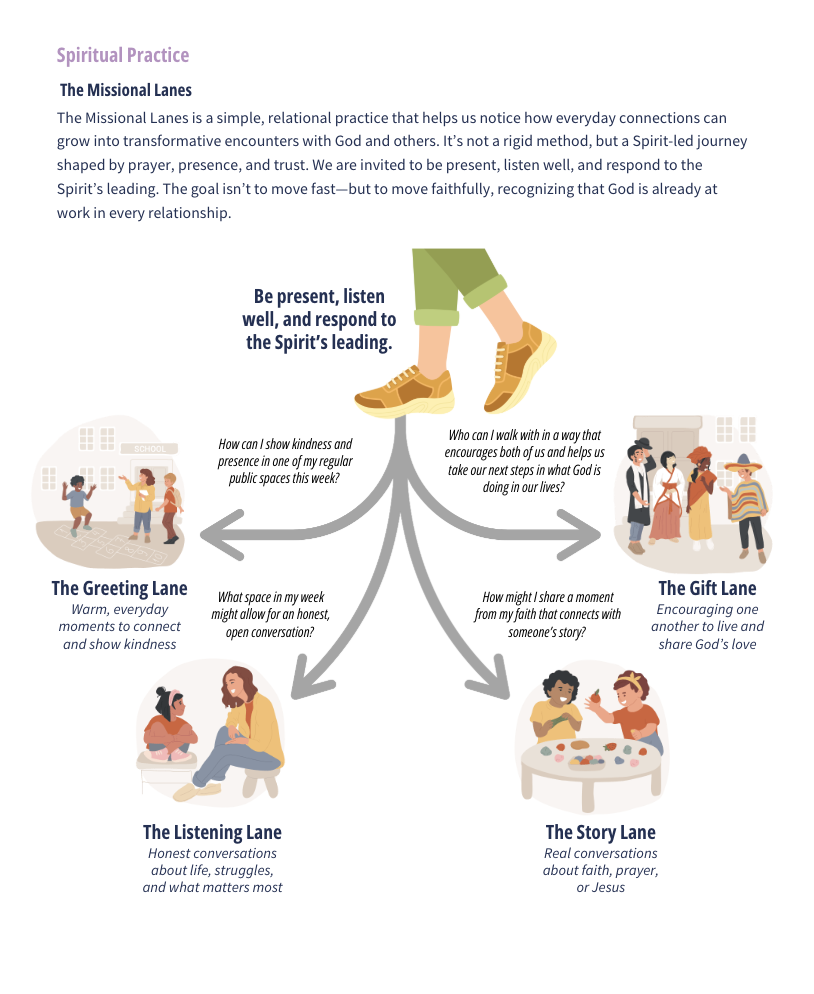
Using the Guides
Flexible tools for congregations, leaders, CRMs, and ministry partners
The guides can be used in congregations, ministry teams, small groups, or intergenerational gatherings. They work best when participants share experiences, listen deeply, and notice the transformation happening in the process.
The Mosaic Priority Guides are available on the Mosaic website. We invite communities to engage with them in ways that fit their language, culture, and rhythm of life. As we journey together, may we continue to be formed as communities for God’s mission, carried by the Spirit, and sent with the good news of Jesus, right where we are.
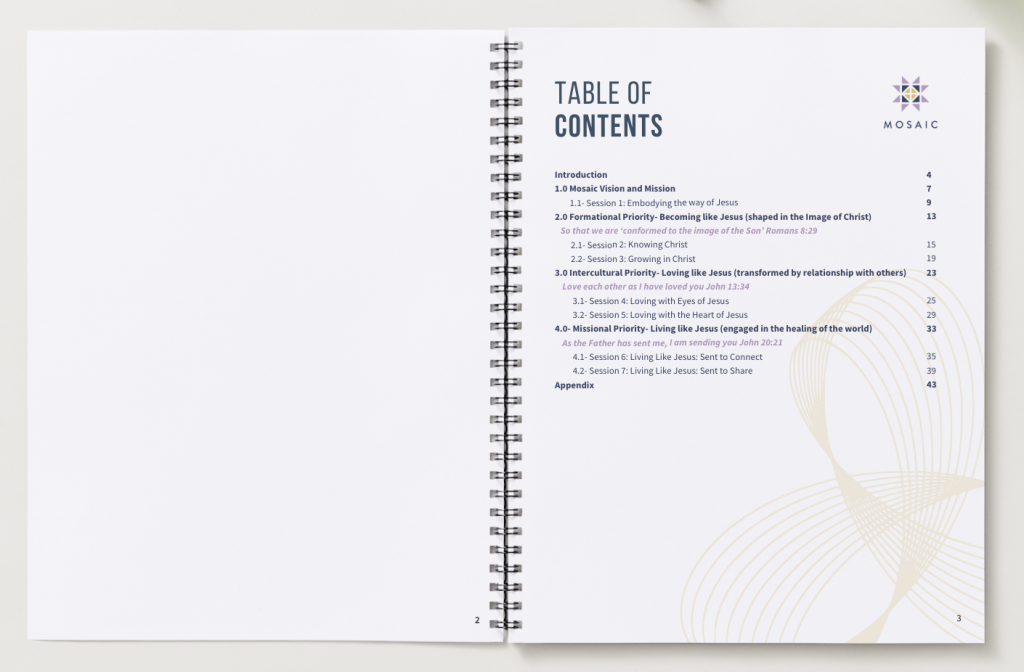
DOWNLOAD THE GUIDE IN ENGLISH, SPANISH, AND INDONESIAN at mosaicmennonites.org/leadersresources/
Mosaic values two-way communication and encourages our constituents to respond with feedback, questions, or encouragement. To share your thoughts or send a message to the author(s), contact us at communication@mosaicmennonites.org.





